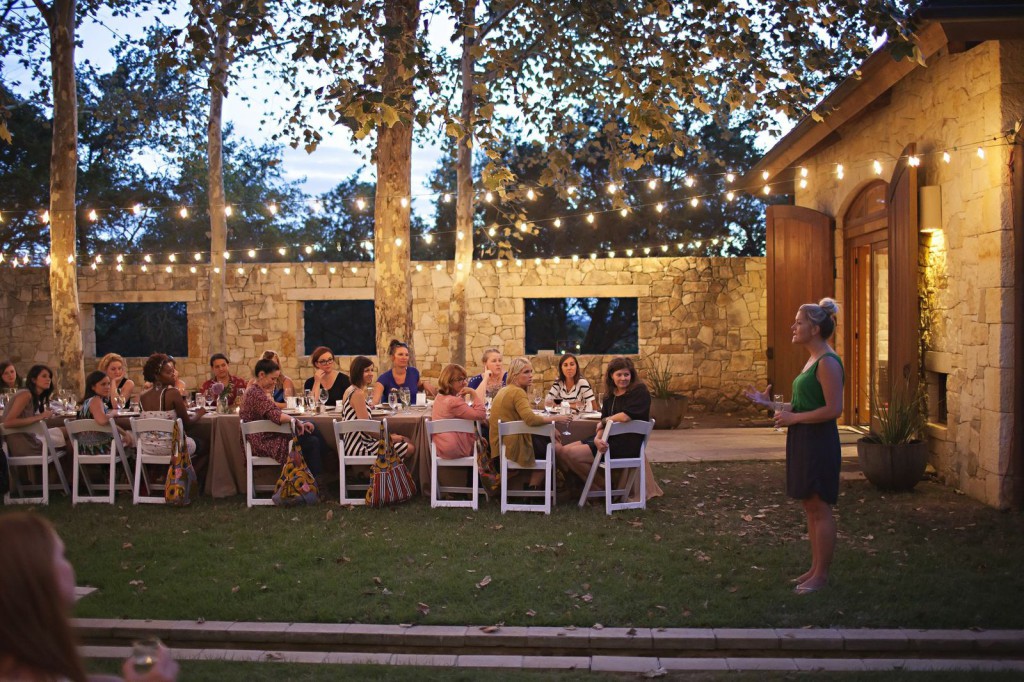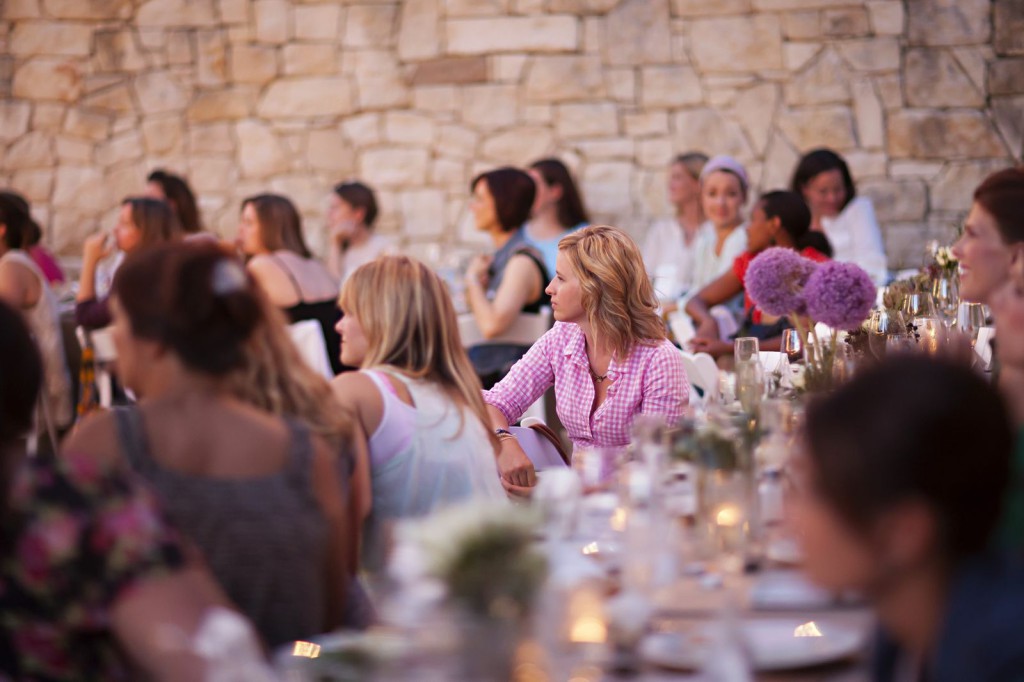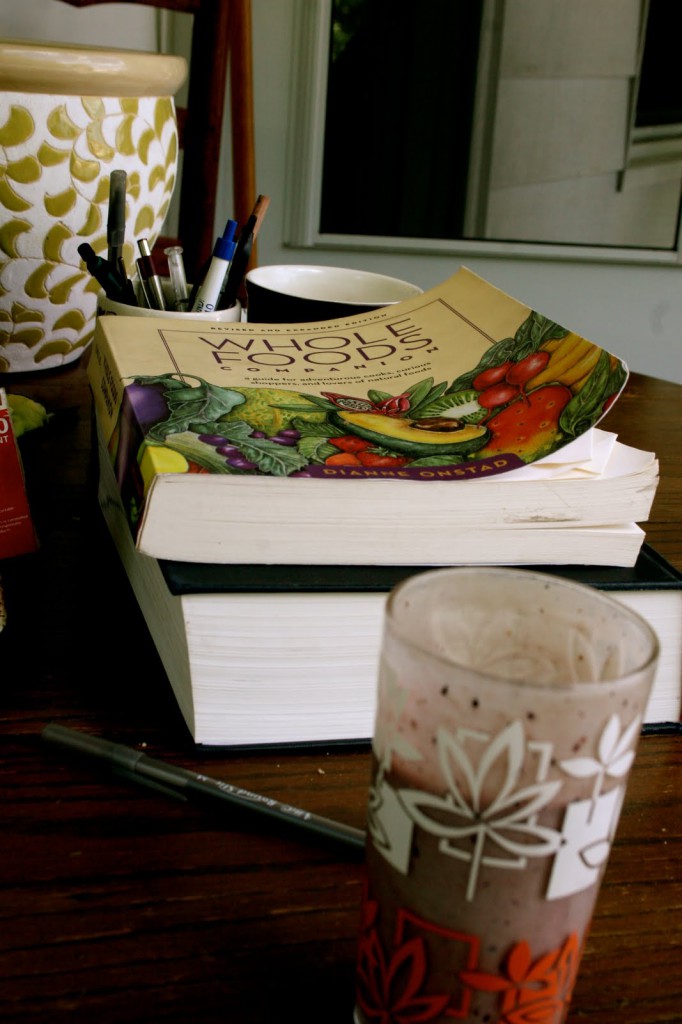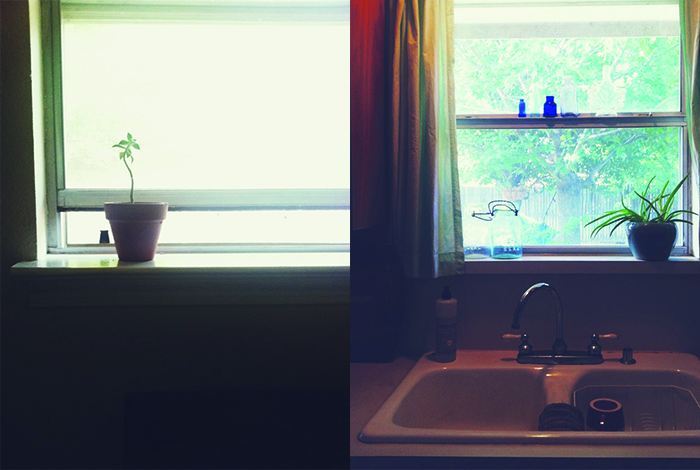Worshiping at the Bar
I'm not a live show girl. Celebrity doesn't impress me and groupies crowd my space. The best concerts happen in my car on road trips from north to south and back again. I am the singer and the audience and my wheels hum along. But the stamp on my hand and the heels of my booted feet belie me tonight. There is wholeness when watching an artist at work. I say to a friend yesterday, "You're not a compartmentalized man with faith in one box and parenting in another, fiction in one and politics in yet another. Be all you, which is more biblical and less transcendental than it actually sounds."
. . . . . . . . . . . . . . . . .
We are shoulder to shoulder, heads above heads, the smell of beer and crisp Texas winter all around. There is grit and tenderness and the girl in front of me danced wildly one minute and sobbed into the arm of her friend the next.
Music does this to us, I think to myself.
Or maybe it isn't the music at all, but the lyric of life being lived right in front of us. This artist-woman whose age is there, in the wrinkles on her forehead and the veins on her arms, is living it. Her voice cracking at inopportune places, as if there are opportune places for that anyway. She is a mother to all the rising folk artists I love, and she is the one I love more than all of them combined. But she is older now, and wrinkled and still so very, very beautiful.
This is what life does to us, when we live it. Not compartmentalized and neat, sectioned off into safe places and dangerous ones. We live it all, splayed out, because this is who He made us to be.
I think of Jesus on the cross. For some this was God's great artistry, the deus ex machina—the predictable surprise ending. But it isn't only the vulnerability of His son crying out that we stand our faith upon, but the jubilant rising of Him three days later.
There is nothing compartmentalized about this life, not for the Christian, and not for the pagan either. All of life touches and dances and weeps and were it not that way, we would be puppets or robots or, worse still, skeptics, all of us.
I am practicing for heaven tonight, swaying with the bar folk and the church folk, the worshipers at the stage of their god, staring at the imago dei there in all her creator's glory. Whether she testifies of it or not, even the rocks will cry out.
None of us can help it.
We are who we are, full on, splayed out, in ignorant worship or intentional, we cry out.













